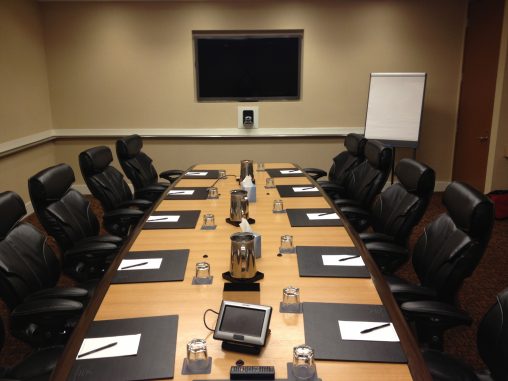 Not every person can do every job or thrive in every role they end up in.
Not every person can do every job or thrive in every role they end up in.
Sometimes people lose interest in their work, get promoted beyond their capabilities, or didn't have the skills/experience to be a good fit in the first place. That this happens at all may speak to some area for improvement in the way people are hired, trained, reviewed or promoted in a given business or organization, but it's also an inevitable part of how companies and not-for-profits made up of humans change and grow.
When someone isn't a good fit for a role, the important thing is how the organization handles it.
Unfortunately, I've seen all too often that some organizations don't handle it at all. Instead, they leave everyone else to work around the mismatched role or problematic behavior. At best this wastes an opportunity for helping someone improve and rearranging "human resources" to better fit the needs of the business or organization. At worst it saps morale, leads to otherwise high-performing people leaving, costs a lot of money and significantly decreases the effectiveness of the organization overall. Working around someone who isn't right for the job does a disservice to them and can be toxic to the life of a business or organization.
So how can you tell if that's what is happening? Here's a list of signs I've seen in my experiences that might mean you're working around someone:




